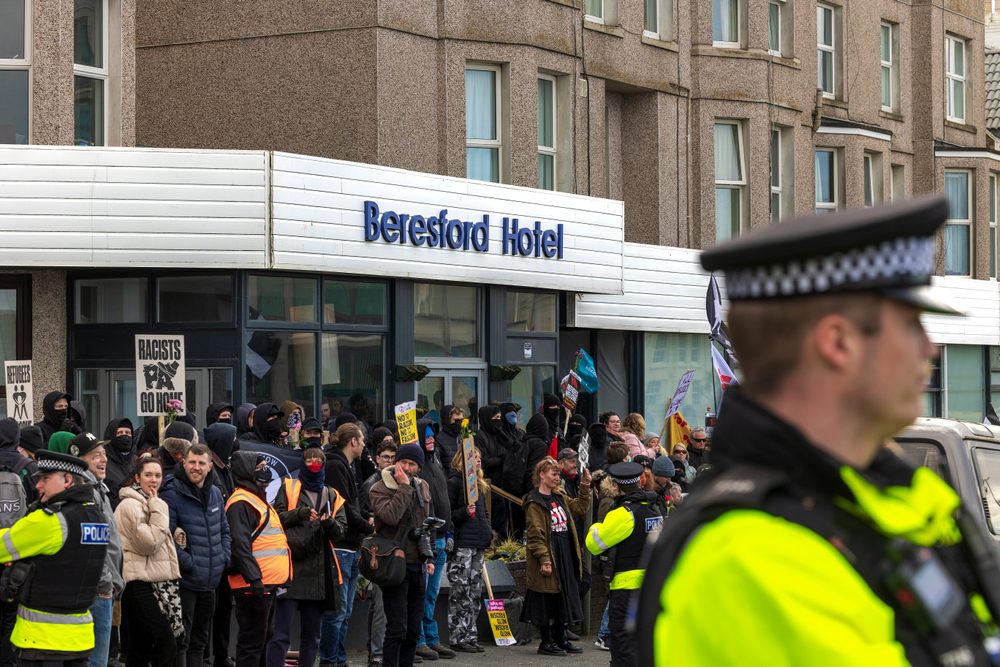
In the face of a constant and massive influx of migrants, the British government is planning to relax reception rules to make it easier to house asylum seekers in private accommodation. The government wants to reduce the costly use of hotels for refugees, but migrant organisations fear that the ruling will lead to a deterioration in safety conditions.
The bill, which will be put to a vote in the Commons on Wednesday, May 17th, at the initiative of the housing and home affairs ministers, plans to exempt private owners from having to register with local authorities and from securing the HMO (House in Multiple Occupation) licence. The licence is normally required when more than one household is housed in the same place and comes with a range of legal requirements, from minimum room sizes to electrical safety.
With the change in the law, private landlords, providing accommodation, will no longer be required to present safety certificates for electricity or gas. They will also no longer have to prove that the size of the rooms on offer is sufficient—4.6 square metres for a child, 6.5 square metres for an adult.
Mary Atkinson, head of campaigns and networks at the Joint Council for the Welfare of Immigrants, believes that lifting these restrictions will encourage the use of potentially unhealthy, poorly lit or ventilated rooms to house migrants—given that even before the change in the law, the legal requirements were not usually met. “Already traumatised people will be at risk of living in places that are unfit for human habitation,” she fears.
The government’s decision on this matter is explained by a considerable backlog of asylum seekers in recent months. Today, more than 50,000 asylum seekers are being housed in hotels across the country at an estimated cost of £6 million a day. Despite the standards, the current accommodation conditions are not healthy and encourage the spread of contagious diseases such as diphtheria.
Home Secretary Suella Braverman spoke at the National Conservatism Conference in London on Monday, May 15th, and argued for a reduction in immigration, which she said was a major cause of the housing crisis in the UK today. The speech, though, largely came across as an effective leadership bid, given the unnecessary emphasis put on her family history. The point regarding immigration came across as a side issue, and even then in unreasonably weak terms.
Her view is not unanimous within the cabinet, where some of her colleagues advocate for an opposing policy, namely the maintenance of economic immigration to boost the British labour market. Her speech was interrupted by Extinction Rebellion activists who called her comments “fascist.”
